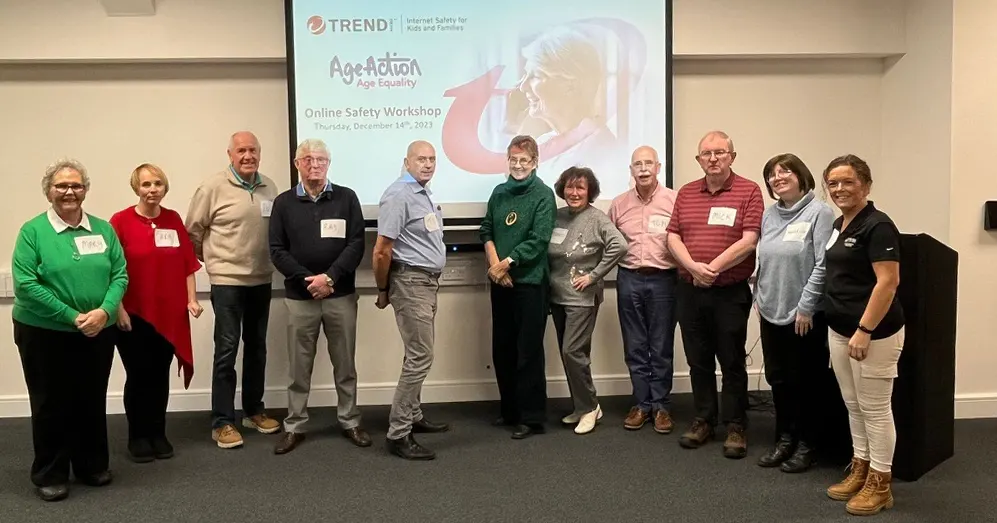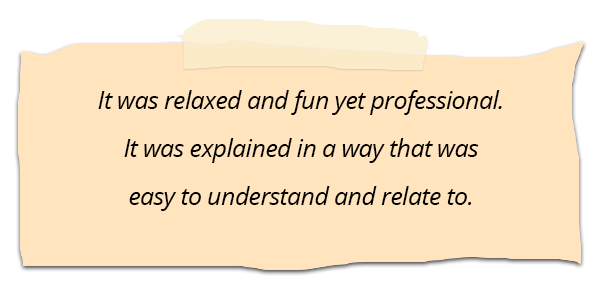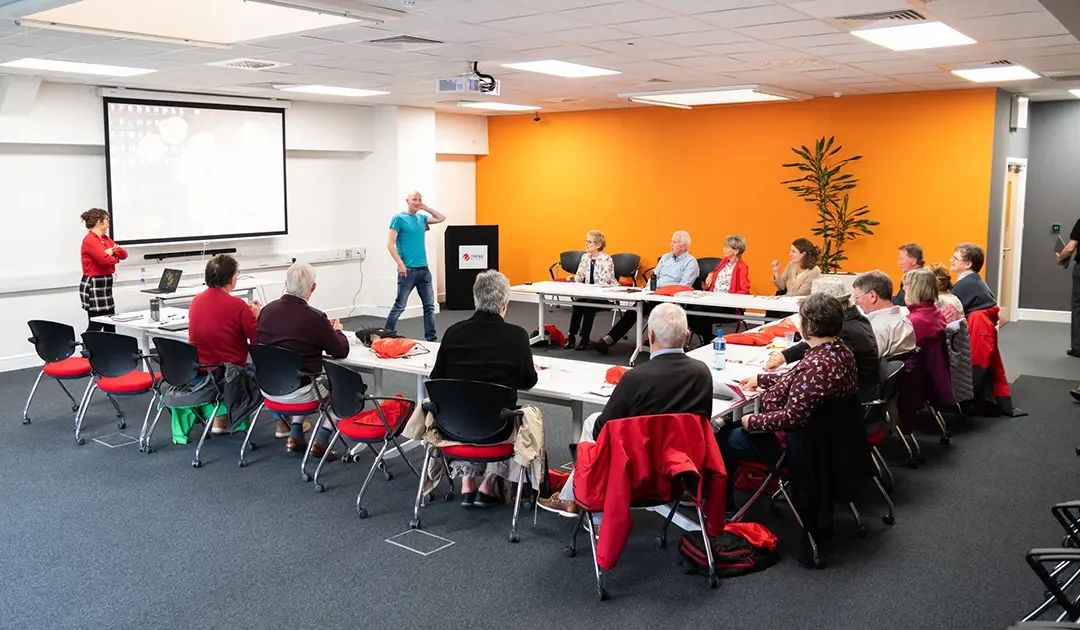Senior Citizens Day was founded in 1988 (“World” was added later) by President Ronald Reagan. His thinking had two aims: expressing gratitude for a life’s contribution, and ensuring the elderly would continue to live with dignity and support in their advanced years. Ever since then, this important day has been celebrated annually on August 21st, a time to honor and recognize the contributions of senior citizens to society, but also highlight the challenges they face, such as cybersecurity, healthcare, elder abuse, and social isolation, while promoting ways to improve quality of life. The day serves as a reminder for families and communities to appreciate and support their older members, ensuring they are treated with dignity and respect.
A Changing World: Senior Citizens and Cybersecurity
In 2020, for the first time in history, the number of people aged 60 and older surpassed the number of children younger than five. This trend is especially evident in countries like Japan and Italy, where the over 65 population is nearly one-third and one-quarter, respectively. Research from the World Health Organization (WHO) finds that, by 2030, 1 in 6 people worldwide will be aged 60 or over. By 2050, the elderly population will reach 2.1 billion, double the 1 billion in 2020.
Senior citizens are increasingly at risk from cybercrime, with criminals frequently targeting them due to their relative unfamiliarity with digital technologies. In 2022 alone, the FBI reported that Americans aged 60 and older lost over $3 billion to cybercrimes, a staggering 84% increase from the previous year. Common threats include phishing scams, where fraudsters attempt to steal personal or financial information through deceptive emails or websites, and tech support scams, which led to over $587 million in losses for seniors in 2021.
Additionally, seniors are particularly vulnerable to identity theft, with more than 15% of identity theft complaints to the FTC coming from those aged 60 and above. As more seniors turn to the internet for banking, shopping, and social interaction, the potential for exploitation continues to rise. While it may be the case that other age groups are more frequently targeted by cybercriminals, senior citizen victims report the highest average financial losses, highlighting the urgent need for robust cybersecurity education and support.
Trend Micro Celebrates World Senior Citizen Day

Recognizing the growth in the population of older adults, along with the continued exposure to online risks and threats, Trend Micro is excited to announce a new and free internet safety program designed with them in mind, “Internet Safety for Older Adults“.
This new program is currently being piloted in the US and Ireland in collaboration with senior citizen organizations and local centers. The program covers 13 essential topics that explore everything from how to protect your personal information and accounts online, how to recognize and avoid scams and other cyber threats, to how to shop, bank, and socialize online with confidence in safe, private, and secure ways.

Sample learning materials
Each workshop session lasts between 1 and 3 hours. Participating adults bring their personal devices to the sessions to practice skills in a supportive environment on devices they use most. Topics can be selected and grouped together to create full-day events. A handout is provided at each session for learners to take home with them. For more information about the program and how your local senior citizen center can register their interest, please visit https://www.trendmicro.com/internet-safety/for-older-adults.

Take a sneak peak of Episode 3
To celebrate World Senior Citizen Day, we invite you to take 10 minutes to learn about how to spot and avoid email scams. (It’s often referred to as email phishing.) Explore the following snippets from episode 3:
Step 1 – Watch this video, learn about James and his experience:
Step 2 – Play the game and learn everything you need to know about phishing:
Interested in our free program?
Trend Micro delivers training to organizations that support older adults, allowing them to provide our internet safety programs direct to the local community. If you know, support or represent a senior citizen center or organization and share our desire to meet their internet safety needs, please contact us and training can be completed with our Trend Micro education team.



Feedback from one of our sessions
Visit our Events page to discover upcoming online events and view our recorded webinar series hosted with leading cyber safety and industry experts, all FREE and EASY to access. Trend Micro’s Internet Safety for Kids and Family (ISKF) program has been hosting free internet safety talks and workshops around the world since 2008. Our goal as always with our (ISKF) program is to empower communities online, offering practical advice, top tips, as well as useful online resources. Why not SHARE this article with family and friends to help keep our online community secure and informed?
Happy World Senior Citizens Day!
Avril Ronan is Global Program Manager of the Internet Safety for Kids and Families Program at Trend Micro. Avril is best known for working in community; engaging students, parents, educators and senior citizens in the conversation about online safety. The ultimate goal of each conversation is to empower people to be online in safe, responsible and successful ways. As a regular public speaker, Avril collaborates with academia, law enforcement, industry and government having coordinated and delivered programs to date around the world such as What's Your Story?, Cyber Academy (now in 19 languages), and the #StayAtHome
Webinar Series.
